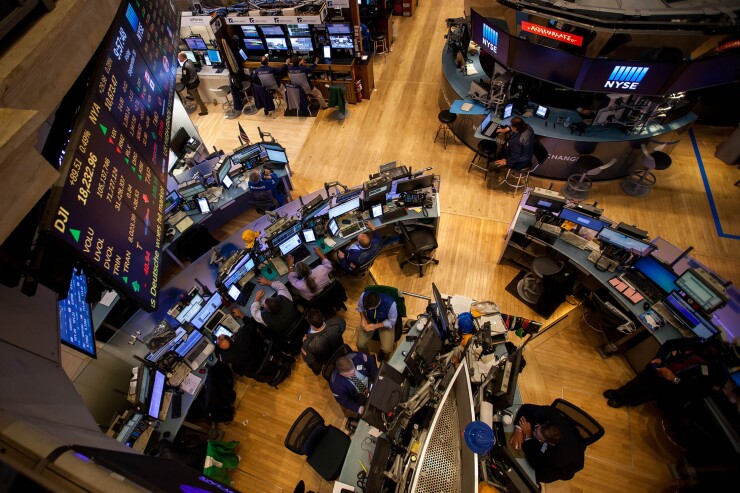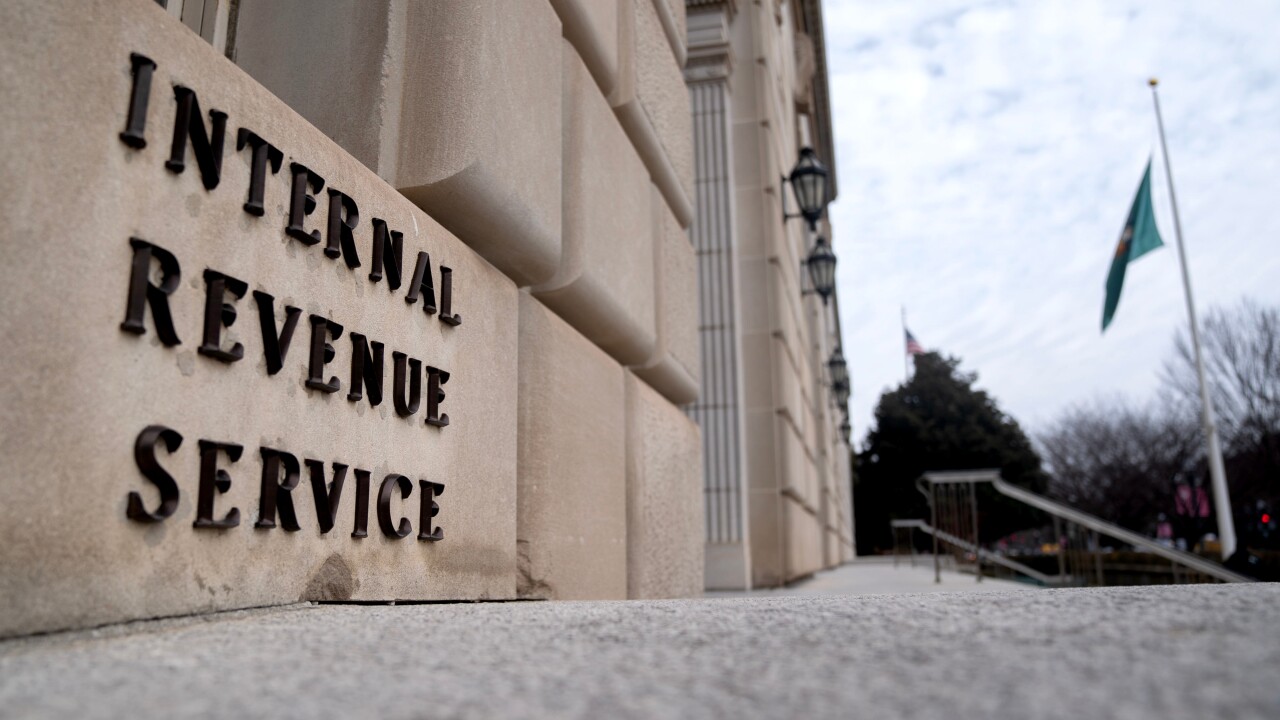
As the coronavirus exploded around the world last week, people who work on the trading floor inside Goldman Sachs’s Manhattan skyscraper caught fevers.
One of them, a managing director, rattled colleagues while trying to decide whether to stay at the office. The executive went home, came back to work Monday, then left again with chest pains. Meanwhile, an associate who woke up with a fever worried about letting down bosses but stayed away.
This wasn’t a Goldman Sachs problem. Wall Street’s nonstop aggressiveness is clashing with the demands of a deadly pandemic. As government officials, doctors and companies tell people around the world to stay home, interviews with bankers and traders inside the industry’s giants show many feel torn between public health and private profit.
“People do come in when they have a cold,” said Jim Toes, who runs the Security Traders Association, an industry group. “Sometimes you have that old boss where you’re damned if you do, you’re damned if you don’t: If you stay home, you get that snickering response. If you come in, you get in trouble.”
Wall Street’s blanket directives telling workers to stop coming in aren’t as simple as they sound, especially for traders. One said he’s facing pressure to be “a tough guy” who follows the unwritten wartime rules. If there’s money to be made, the trader said, his bosses would want him in the position to make it, even if there’s a healthier and more soulful message being broadcast by the bank’s chief executive officer.
Some bankers even said privately they would be relieved if markets temporarily shut, especially because they worry the new work-from-home policies aren’t as robust as they sound.
A spokeswoman for Goldman pointed out that the firm’s senior executives have urged employees who are feeling unwell to stay home, and that they mean it.
The culture that’s so ingrained across the top of Wall Street reaches far past Midtown Manhattan. Its impact can be felt among bank tellers who have no choice but to report to branches, or even white-collar workers in the Midwest.
And while the health crisis finds about
At JPMorgan Chase, the country’s biggest bank, some managers are making workers come in despite announcements from more senior bosses to stay home, according to people with knowledge of the matter. After a senior mortgage executive told employees on a call that underwriters with remote access should start working from home, a subordinate stopped many of them from telecommuting in Milwaukee, where schools are shut.
From their windows, JPMorgan employees there watched workers in Wells Fargo & Co.’s nearby building haul computer monitors and keyboards to bring home with them.
At least 100 people in JPMorgan’s home-lending group were told they couldn’t work from home until all of them finish showing they can access systems from a remote location, according to people briefed on the plans. Some workers were asked to use sick leave or vacation days if they were unable to come into the office. One employee who said she wanted to take some time off this week to care for family was told it wouldn’t be possible to bring equipment home yet.
“We have moved very quickly to enable work-from-home capabilities for our mortgage underwriters, and today the majority are,” a JPMorgan spokeswoman said by email. “The remaining groups will be work from home by the end of the week.”
Inside Citigroup, most workers in its call centers have continued to report to work, according to the bank. Some employees in Bank of America’s call centers are allowed to work from home, while others have been told to keep showing up but to maintain some distance from each other, a spokesman said. To be sure, the instructions inside firms have been changing by the day.
“There are managers who will say, ‘We’re all in this together, if you want to take care of your kids and families, stay home,’” said Paul Sorbera, president of Wall Street executive search firm Alliance Consulting in New York. “And then there are others who will say, ‘We have a business to run, and there are clients to take care of.’”
The tension within the industry spans the globe.
Some London bankers are choosing to work in the office to avoid their imperfect setups elsewhere. One trader for Commerzbank said trying to do his job at home was so gruesome that he keeps going into the office even as the contagion spreads. Senior traders at Nomura were sent to test the Japanese bank’s recovery site weeks ago, but connectivity issues and the distance from London drove some back to a city they find empty and eerie.
Commerzbank is meeting the needs of clients while also protecting employees, according to a bank spokesperson. Nomura declined to comment.
Last week, Goldman trading co-head Ashok Varadhan was working from home despite a chaotic week in markets, because he was feeling unwell.
Such examples might help Wall Street bosses change decades of habit. In good times, it’s inconceivable for some in the business to step away from trading floors to go see a doctor.
At Goldman Sachs, people there said, leaving for a medical appointment sounds so far-fetched that it has become a euphemism for heading out to a job interview.
--With assistance from Stefania Spezzati, Olivia Rockeman and Polly Mosendz.





